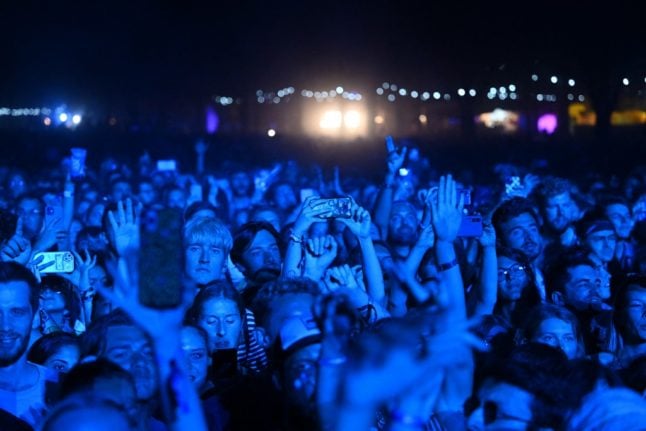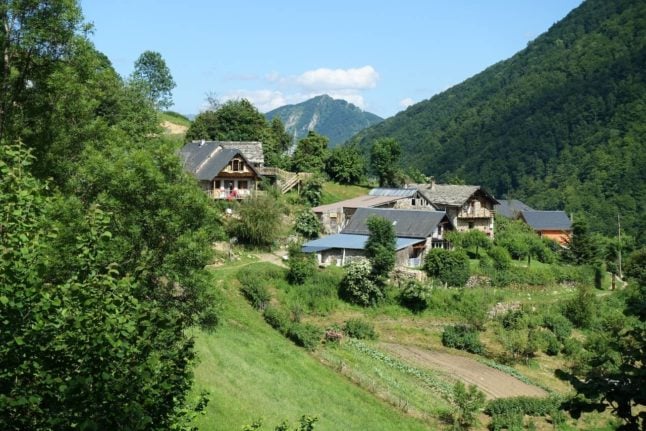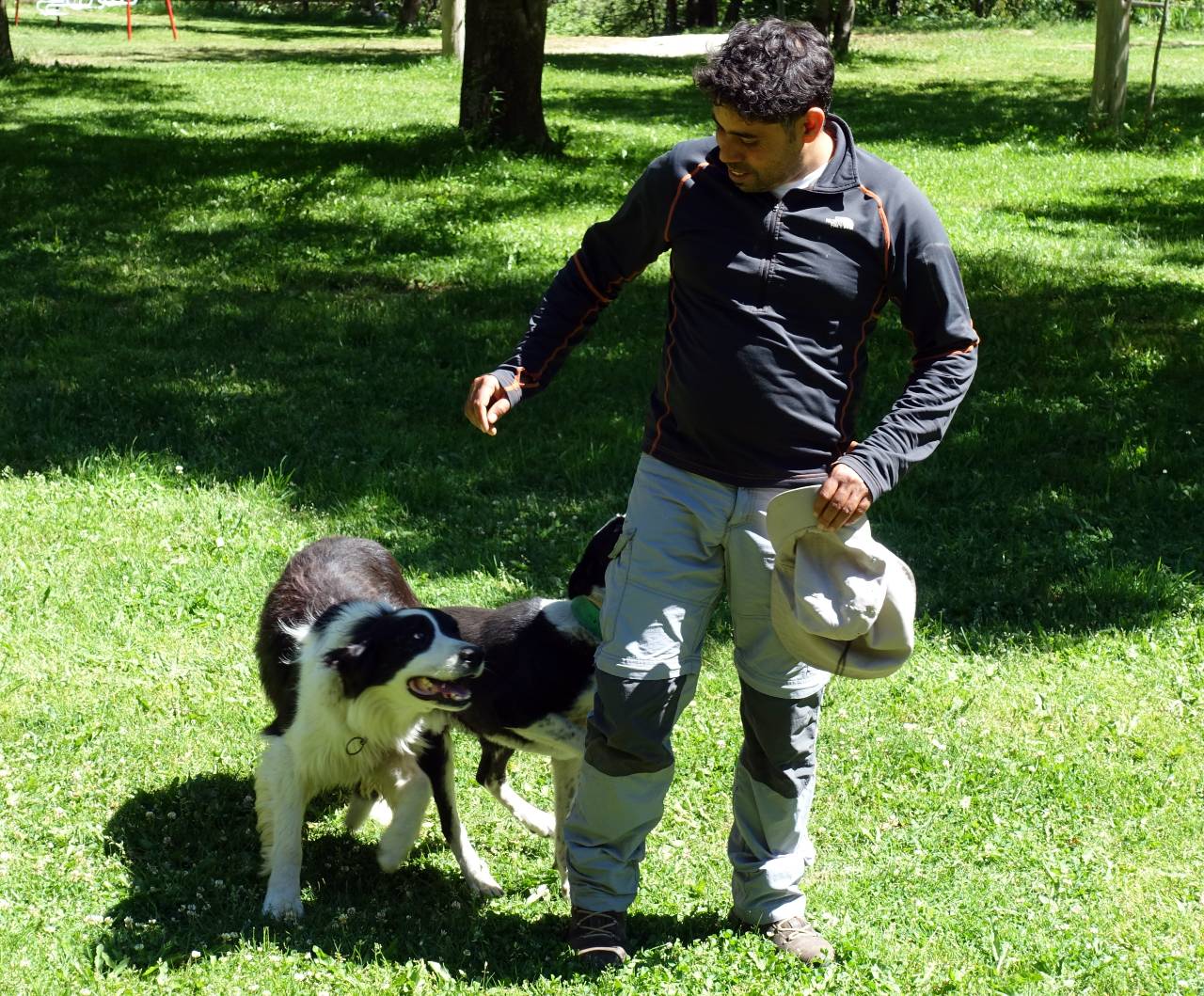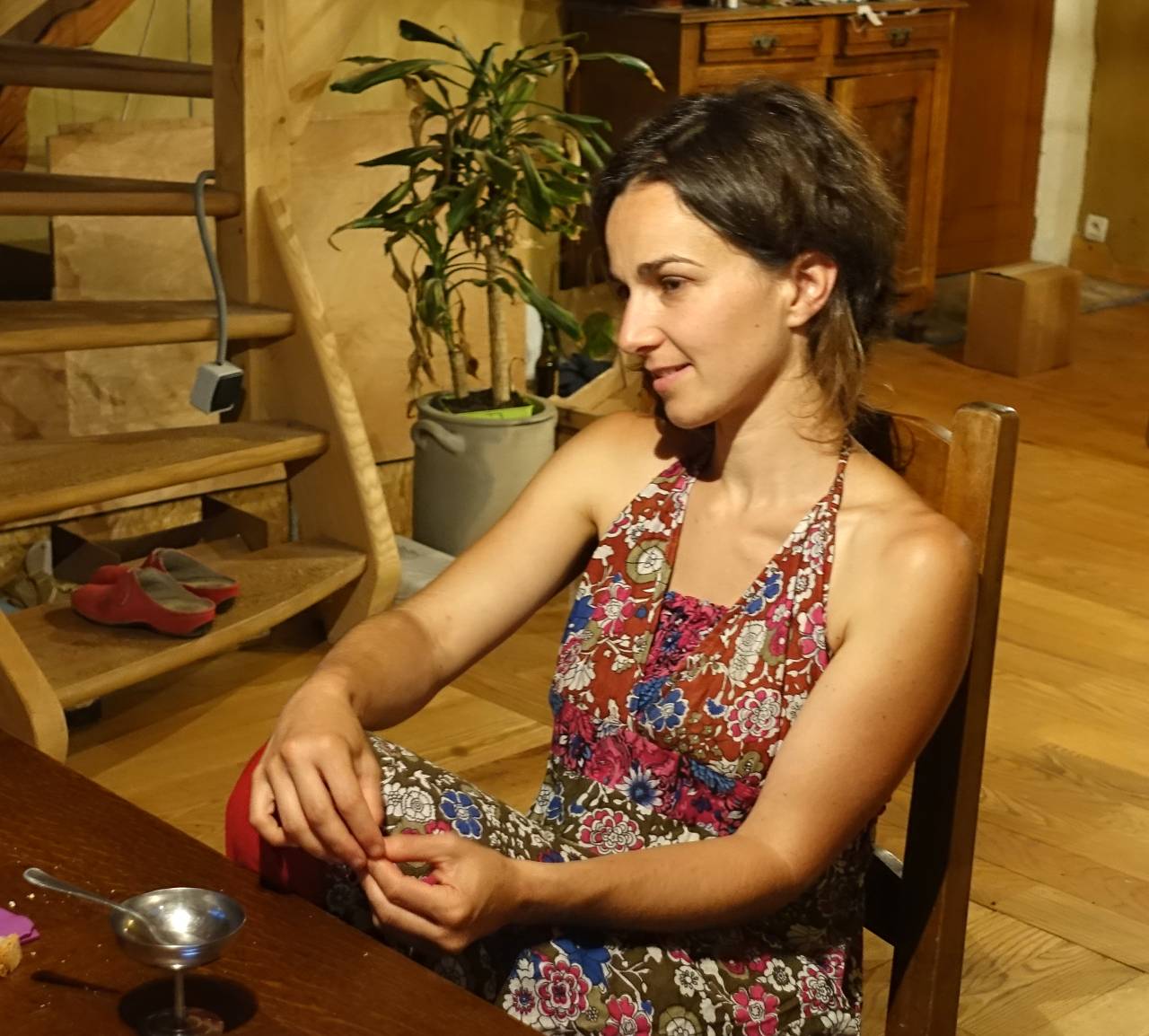From old rockers to classic cinema, via Celtic heritage and fireworks to modern theatre, here are some of our favourite French summer festivals.
JUNE
Nuits de Fourvière
This actually starts on May 31st and runs to July 28th – but we’re here claiming it for June. The spectacular Gallo-Roman theatre at Fourvière hosts 60 equally spectacular performances of theatre, dance, music, and circus acts. Acclaimed comedian Florence Foresti headlines for five nights in June, while the NoFit State Circus’s spectacular new show graces the stage for 15 nights from June 22nd to July 8th. Find out more here.
Fêtes Johanniques
If you go down to Reims on the weekend of June 4th and 5th, you may think you’ve gone back in time, as the city remembers the coronation of Charles VII in Reims Cathedral in 1429 – with medieval markets and parades marking the arrival of Joan of Arc and the Dauphin in the city. Details here.
Anjou Festival
The second-biggest outdoor theatre event in France, which kicks off on June 9th and runs to July 6th, really has to get a mention in our rundown of summer events. Details of the full programme of dramatic events are here.
Les Foulees du Gois
The premise of Les Foulees du Gois, at Beauvoir-sur-Mer, is simple. It’s a race. In fact, it’s several races – with events for male and female adult fun-runners and children. But the main event pits elite athletes in a four kilometre run along a submerging beach path against each other and the rising tide. Find out more here.
Festival Photo La Gacilly
Photography has the power to amaze, shock and inspire – never more so than at the world-renowned La Gacilly Festival in Morbihan, where people’s relationship with the environment and sustainability are at the forefront, and have been for the past 20 years. More information here.
Hellfest
Rock and heavy metal fans should head to Clisson, Loire-Atlantique between June 15th and 18th, where for three days, hard rock, gothic rock, heavy metal, black metal, death metal and hardcore punk bands perform on seven stages set up for the occasion. This year’s acts include Kiss, Motley Crue, Iron Maiden, Tenacious D, the soon-to-disband Sum 41, and the never-less-than-weird Fields of the Nephilim. It’ll be loud. Details here.
Fête de la musique
Villages, towns and cities across France come alive with the sound of music on Wednesday, June 21st, to celebrate the sheer joy of live performances and the breadth and diversity of musical genres.
It’s pretty much guaranteed there’ll be a live performance or several to enjoy not too far away from you – wherever you are. The legendary Sunset Sunside in Paris, for example, will honour the majesty of Nina Simone on a dream midsummer’s night.
Festival de Nîmes
Starting on June 23rd and running to July 22nd, the Festival de Nîmes has brought modern music to the famous Roman Arena. This year’s eclectic line-up includes Simply Red, Slipknot, Christophe Mae, Placebo, Florent Pagny, Michel Polnareff, Sam Smith, Arctic Monkeys, Louise Attaque. Find out more here
Rétro C Trop
For three days between June 23rd, and June 25th, at the appropriately aged Château de Tilloloy, Hauts-de-France, there’s the ‘festival of old rockers’, this year featuring sets by Mika, Lena Lovich, Chris Isaak, Texas, Canned Heat and Caravan. Details here – and insert a joke about old rockers here…
The La Rochelle Film Festival
A year after paying tribute to icy-eyed French heart-throb Alain Delon, the Charente-Maritime resort’s 51st film festival – which runs from June 30th to July 9th – honours the often burlesque humour of Pierre Richard.
Eight of the comic’s films from the 1970s, including Le Distrait, and Le Grand Blond avec une chaussure noire, will feature during the celebration of all things cinematic.
There’s also a retrospective film starring the iconic Bette Davis – including All About Eve, Now Voyager, Jezebel, and the unmissable Whatever Happened to Baby Jane?, an homage to director Lars von Trier, and a retrospective of work from star of stage and screen Sacha Guitry.
JULY
Tour de France
The annual cycle race begins in Bilbao and runs through southern and central France before its traditional finish on the Champs-Elysées on July 23rd. Next year both the dates and the finish location will be different as the event moves to make way for the Paris 2024 Olympics.
Z’accros d’ma rue, Nevers
Theatre, circus and music are in store at Les Z’accros d’ma rue street art festival in Nevers in from July 3rd to 9th, as they have been since the opening event in 1999. Most of the shows are free. At the time of publication, no details of acts had been announced – but keep up to date here.
Festival de Carcassonne
Bob Dylan is the headline act of this year’s festival of music, theatre, arts, dance, comedy and cinema – all set against the dramatic backdrop of the famous citadel – between July 2nd and 29th. Blues legend Joe Bonamassa, renowned tenor José Carreras, and Tom Jones (yes, that one) are among those lined-up to head to deepest Aude this summer. There are numerous free off-festival performances. Find out more here
Pause Guitare
French stars Indochine, Bigflo and Oli, and Shaka Ponk headline this year’s four-day Pause Guitare programme in the World Heritage city of Albi, southwest France. The relatively little-known music festival that routinely punches above its weight, has also bagged international rock stars Queens of the Stone Age and ZZ Top guitarist Billy F Gibbons, with more acts still – at the time of writing – to be confirmed. Keep up to date here.
Festival d’Avignon
No rundown of summer events in France would be complete without mentioning the annual Festival d’Avignon, which celebrates – as it always does – the best of live theatrical performances, from July 5th to 25th this year. The extremely full programme of events is available here.
Fête nationale
July 14th is France’s Fête nationale, often known as Bastille Day in the Anglophone world, which is a public holiday.
The big military parade is on the Champs-Elysée in Paris but most towns do something to mark the occasion, with concerts, parties and big, loud, fireworks displays.
Pyrotechnic Art Festival
Not satisfied with the glitz and glamour of its Film Festival in May, Cannes turns on the lights again for six nights of music and fireworks in its six-week Pyrotechnic Art Festival, between July 14th and August 24th.
Nice Jazz Festival
Where would you find jazz-defining great Herbie Hancock, French singer-songwriter Juliette Armanet, and that Tom Jones on the same poster? The Nice jazz festival, which runs from July 18th to 21st.
They’re not the only performers joining in the fun on the Riviera. More than 20 acts are taking part in the Festival proper, while several more are performing in the Off festival programme.
Equestria
Fans of all things horses should head to southwest France for the Equestria Festival at the National Stud Farm in Tarbes – which gets under way this year on July 18th and runs to July 23rd. All the details are here.
Festival de Cornouaille
It translates as the Cornwall Festival, but it’s in Quimper, in the heart of Brittany – and it has been going for 100 years. This year’s event runs from July 19th to 23rd and celebrates – as always – the best of Celtic culture in France. All the details are here.
Jazz in Marciac
One of those great little festivals that France does so well that has just got bigger and better with age. The 45th annual event – which runs from July 20th to August 6th – features, among numerous others, Norah Jones, Samara Joy, Wynton Marsalis. Full details here.
Fêtes de Bayonne
Known for drawing large crowds, this five-day event celebrates Basque culture with the famous bull run, large parties, street performances, traditional dances, and fireworks. You can even buy a traditional outfit (in the colours of white and red) at a local market nearby to better join in the celebration. In 2023, the event will run from July 26th until the 30th. You can find more information here.
AUGUST
MiMa
If puppets are your thing, MiMa – the International Festival of Puppet Art, held from August 4th to August 7th in the medieval town of Mirepoix, Ariège – is for you. More details here.
Festival du Chant de Marin
Did you love the Wellerman, which took social media by storm a while ago? Then the Sea Shanty festival, in the Breton resort of Paimpol, is for you. This year’s event runs from August 4th to August 6th, with performances from 160 groups on seven stages, while the port is filled with 200 boats. More information here
Festival Interceltique de Lorient
Sticking in Brittany for a 10-day festival (August 4th to 13th) that pretty much does exactly what it says on the bodhran. More than 100 shows on stages across the Morbihan coastal town celebrate anything and everything Celtic. Artists at this year’s event include Irish folk group Clannad, The Kilkennys, and Usher’s Island. Full details here.
Festival du Bout du Monde
The darkly named End of the World Festival takes place from August 4th to August 6h at Landaoudec Prairie on the Crozon Peninsula in Brittany, a few hundred yards from the wild Atlantic ocean. Franz Ferdinand and Suzanne Vega are among the acts in a packed showcase for a festival that’s nowhere near as gloomy as its name suggests. More here
Rock en Seine
Billie Eilish, Florence + the Machine, The Chemical Brothers, Christine and the Queens, and the Yeah Yeah Yeahs are among the numerous acts lined up for this year’s annual Rock en Seine festival at Domaine national de Saint-Cloud from August 23rd to August 27th.





 Please whitelist us to continue reading.
Please whitelist us to continue reading.
How about highlighting some music festivals in Corsica? We have attended festivals in Calvi in September and others around Easter. Their tradition of choral music is magnificent and rich.
And how about some accordion festivals around France ?!
Another idea, how about an article on les Guinguettes ?